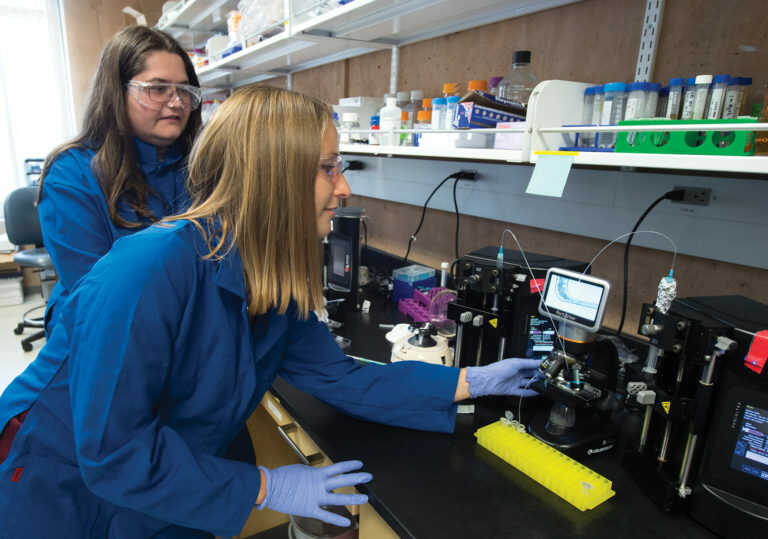In This Section: School Centeres | Organized Research Units | Campus Centers | Other UC Irvine Centers and Institutes
School Centers
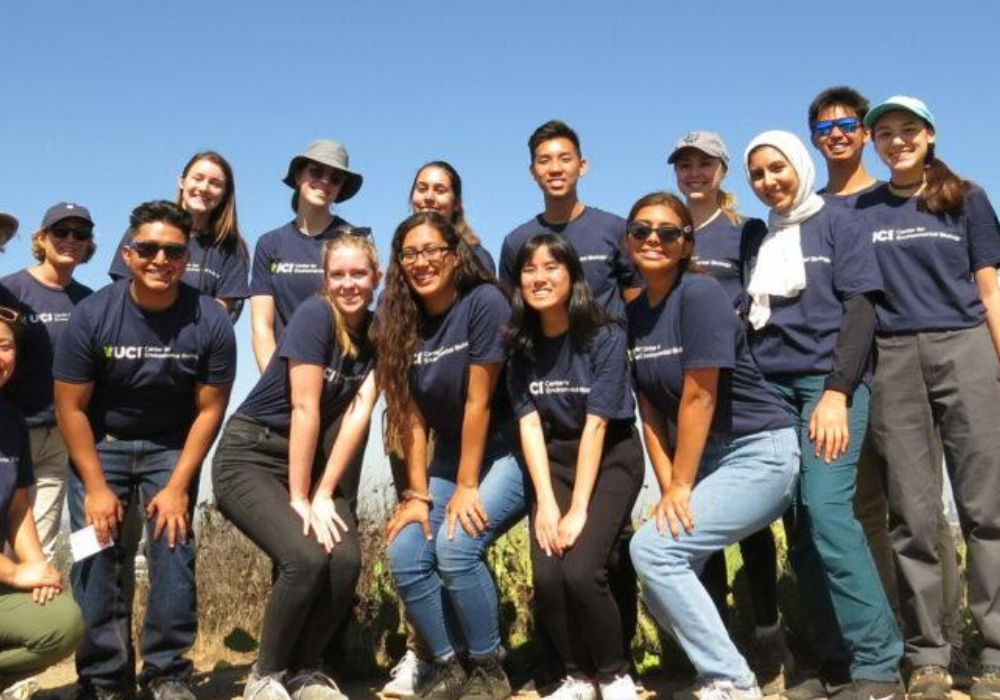
Center for Environmental Biology
The Center for Environmental Biology (CEB) in the School of Biological Sciences was established in March 2010 to facilitate research, education, and outreach in biological science to help develop innovative new solutions to environmental problems.

Center for Mathematical and Computational Biology
Established in 2005, Center for Mathematical and Computational Biology (CMCB) is focus on building a research and training environment dedicated to mathematical and computational biology. CMCB faculties possess diverse backgrounds and work on a variety of scientific questions. Their research work aims at the mathematical representation, treatment and modeling of biological processes, using mathematical and computational techniques and tools.
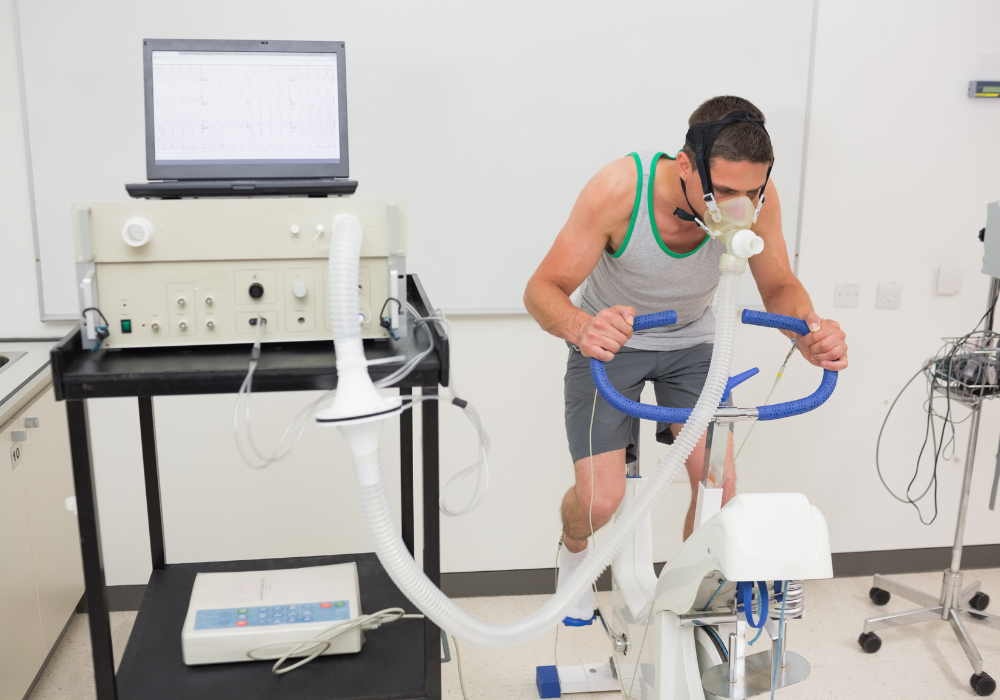
Center for Integrative Movement Sciences
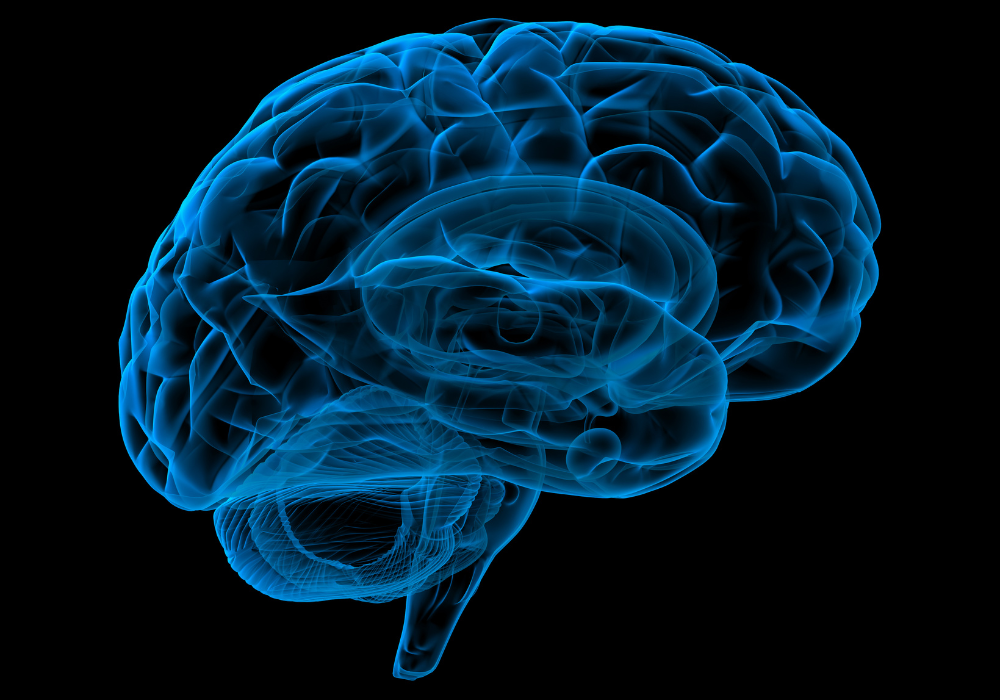
Irvine Center for Addiction Neuroscience
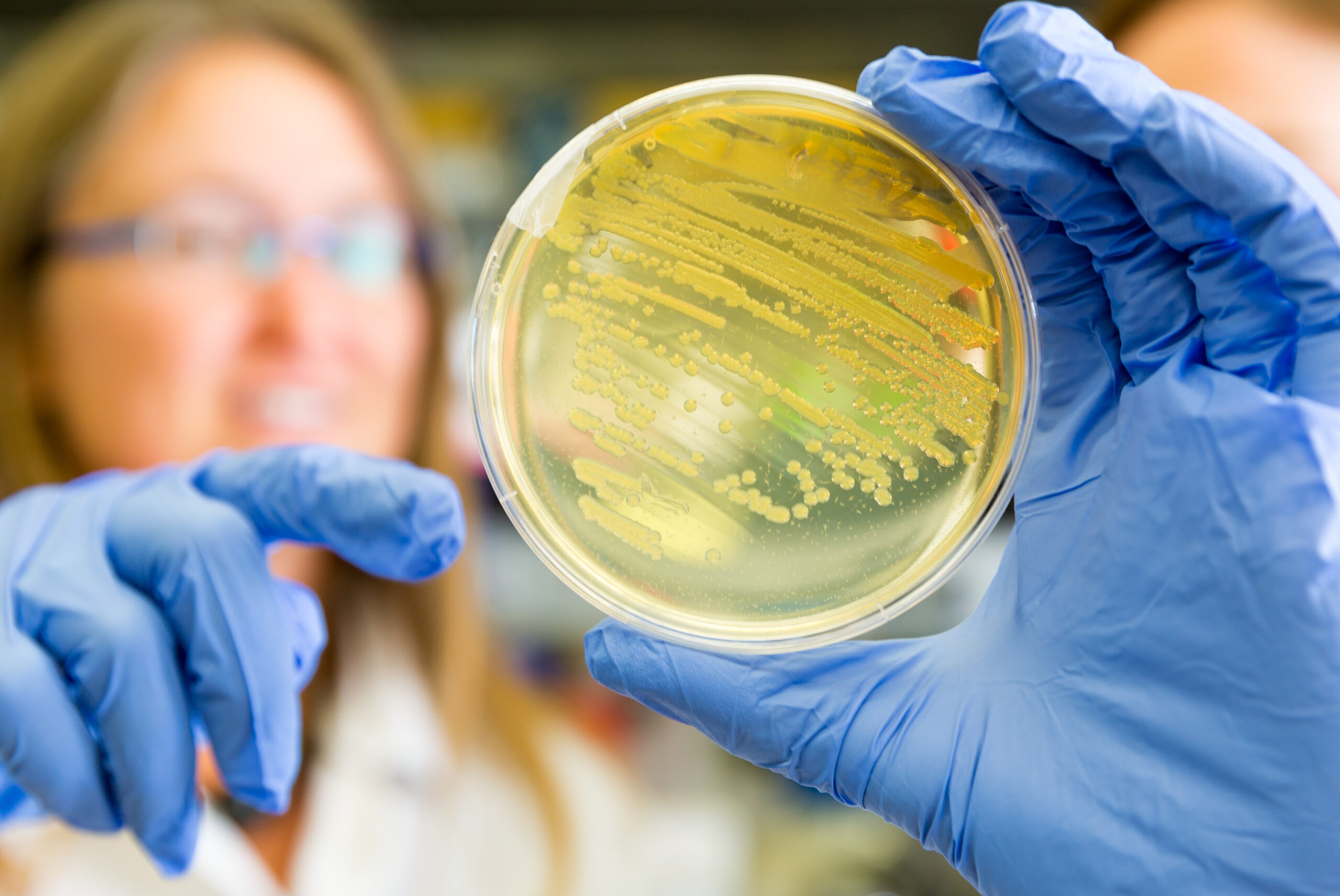
Microbiome Center
The UC Irvine Microbiome Center promotes the discovery of universal principles of microbial communities (microbiomes) in all environments, including humans, other animal and plant hosts, soil, and the oceans. The Center provides consulting on research projects, facilitates collaboration between labs, and offers a data analysis service.

Multiple Sclerosis Research Center
UC Irvine formally established the Multiple Sclerosis Research Center (MSRC) in February of 2011 and a major focus of ongoing research is to develop new therapeutic strategies designed to limit ongoing demyelination while repairing damaged nerve tissue.
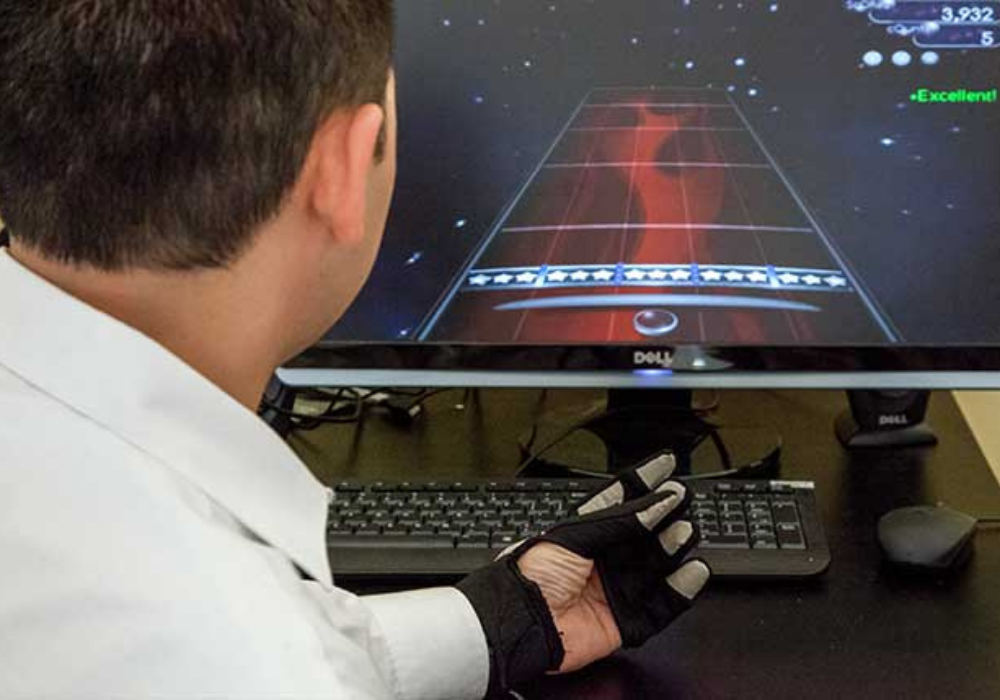
Reeve-Irvine Center
UC Irvine Organized Research Units

Cancer Research Institute
The UC Irvine Cancer Research Institute (CRI) facilitates and coordinates basic cancer-related research and training at UCI and functions as the basic science arm of the Chao Family Comprehensive Cancer Center.

Center for Complex Biological Systems
The Center for Complex Biological Systems (CCBS) aims to promote research, education and outreach in Systems Biology by integrating expertise and perspectives from diverse scientific fields to develop a deeper understanding of biological processes.
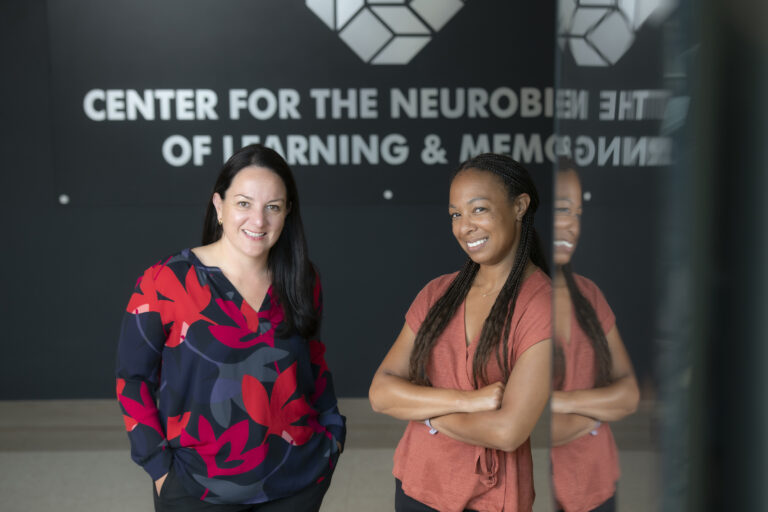
Center for the Neurobiology of Learning and Memory
The Center for the Neurobiology of Learning and Memory (CNLM) was established by the UC Regents in 1983 and is the first research institute in the world dedicated exclusively to the multidisciplinary study of learning and memory mechanisms in the brain.

Center for Virus Research (CVR)
The Center for Virus Research (CVR) aims to foster scholarship, training, and collaborative research at UCI across many disciplines, based on studies founded in molecular virology. The CVR provides both the administrative infrastructure as well as training and common laboratory facilities required for virus-based, interdisciplinary research.
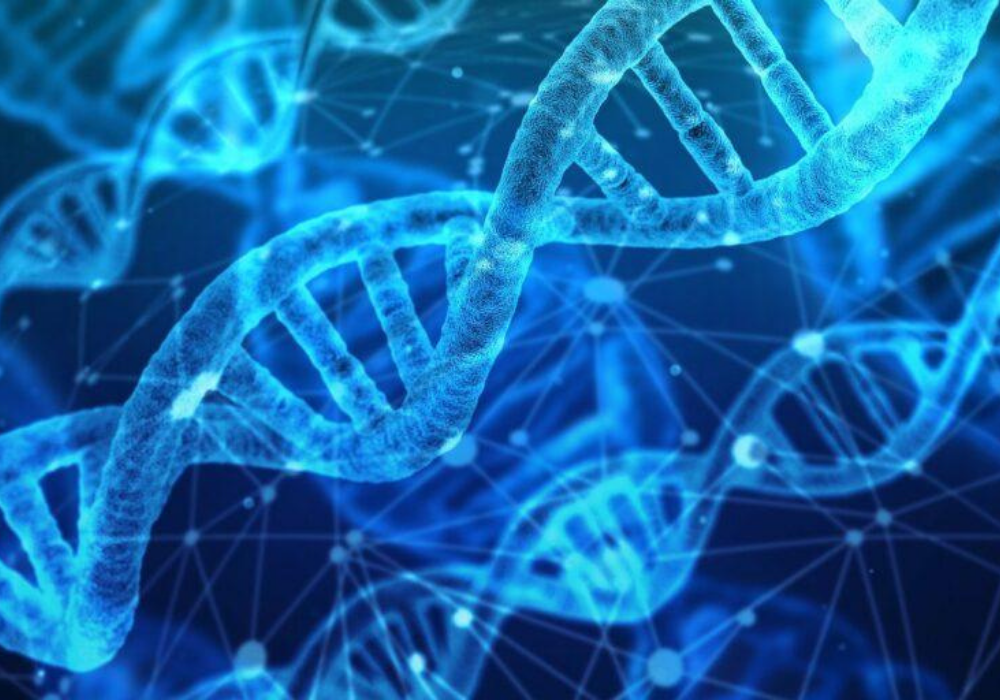
Institute for Genomics and Bioformatics

UC Irvine Institute of Immunology
The UC Irvine Institute for Immunology currently comprises twenty-nine faculty members from the Charlie Dunlop School of Biological Sciences and the School of Medicine, whose research and instructional efforts are in immunology. It integrates the immunological research and educational activities of multiple departments, and the activities of the Institute extend to synergize with allied areas of research including biomedical engineering, public health and physical rehabilitation.
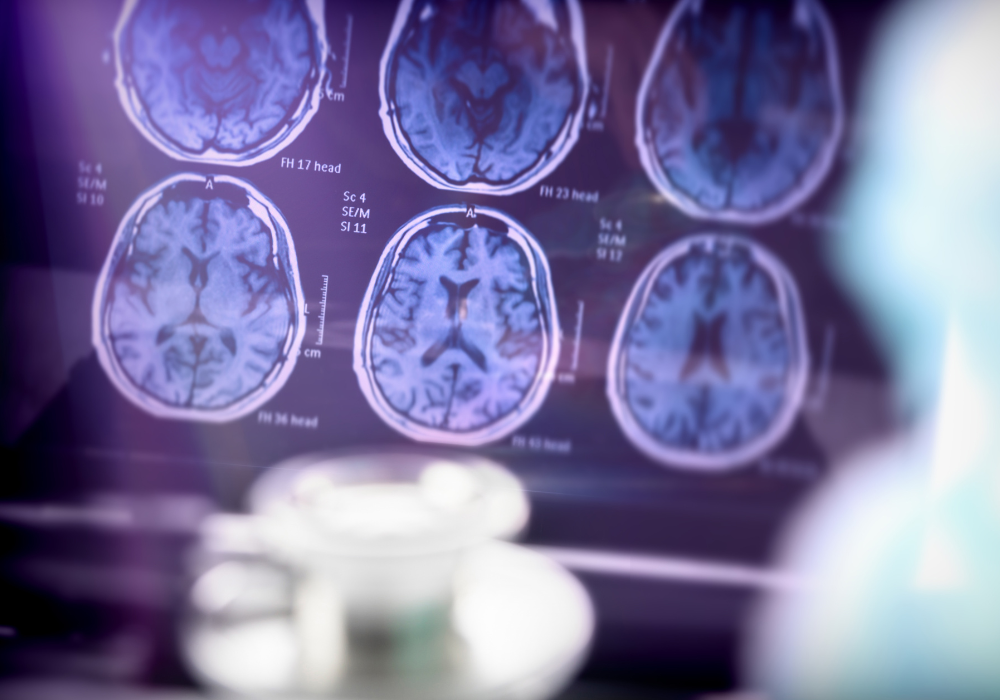
UC Irvine MIND
Campus Centers

Center for Hearing Research (CHR)
The Center for Hearing Research at UC Irvine is a multidisciplinary group of 40 scientists spanning 10 Departments in six Schools, who are bound by a common interest in hearing research. We have been meeting since 1998, first as an informal group (“Things Auditory”) and then as the Irvine Research Unit in Hearing and Speech Sciences. We became a Campus Center in 2005.

Newkirk Center for Science and Society
The Newkirk Center focuses on the interaction between science and society, including the role of society in the production of scientific knowledge and technological systems and artifacts and the effects of scientific knowledge on society. It seeks to explore and think critically about the process by which scientific information is communicated to the public and policy-makers. It fosters the use of science to enhance the environment, education, health care, public infrastructure, and justice. The Center carries out its mission through support of research, public engagement, and events.
Other UC Irvine Centers, Institutes and Research Units
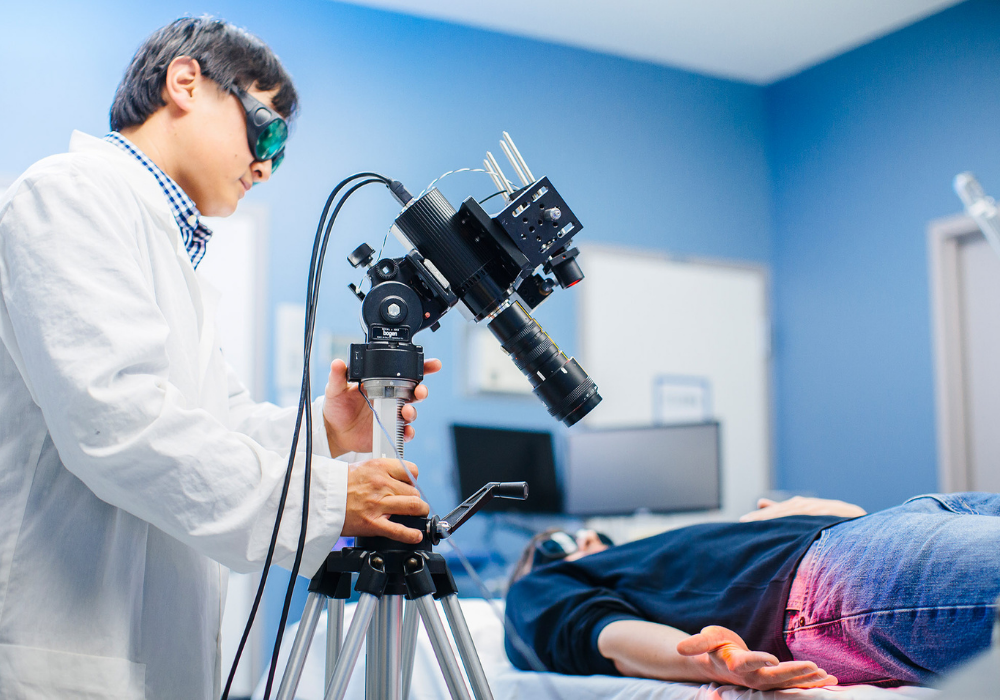
Beckman Laser Institute
